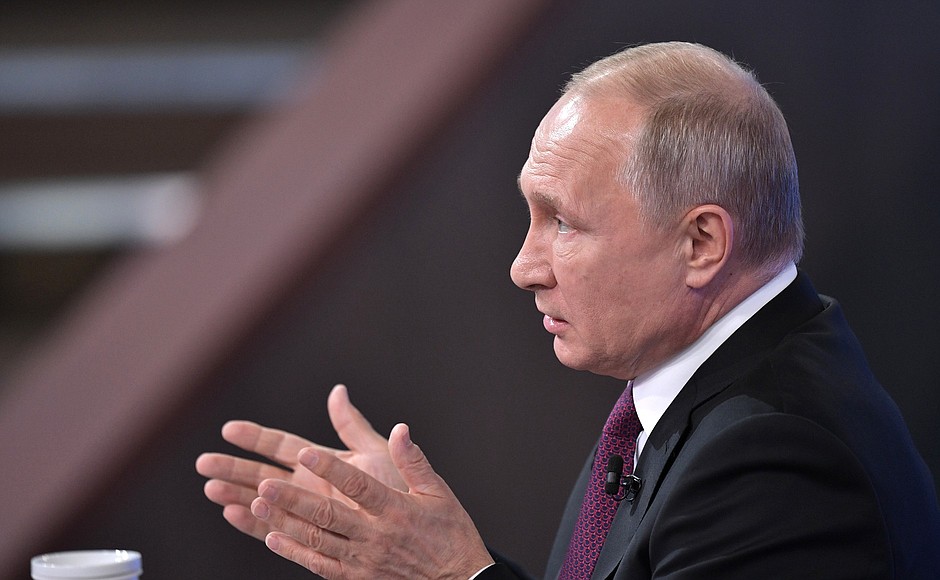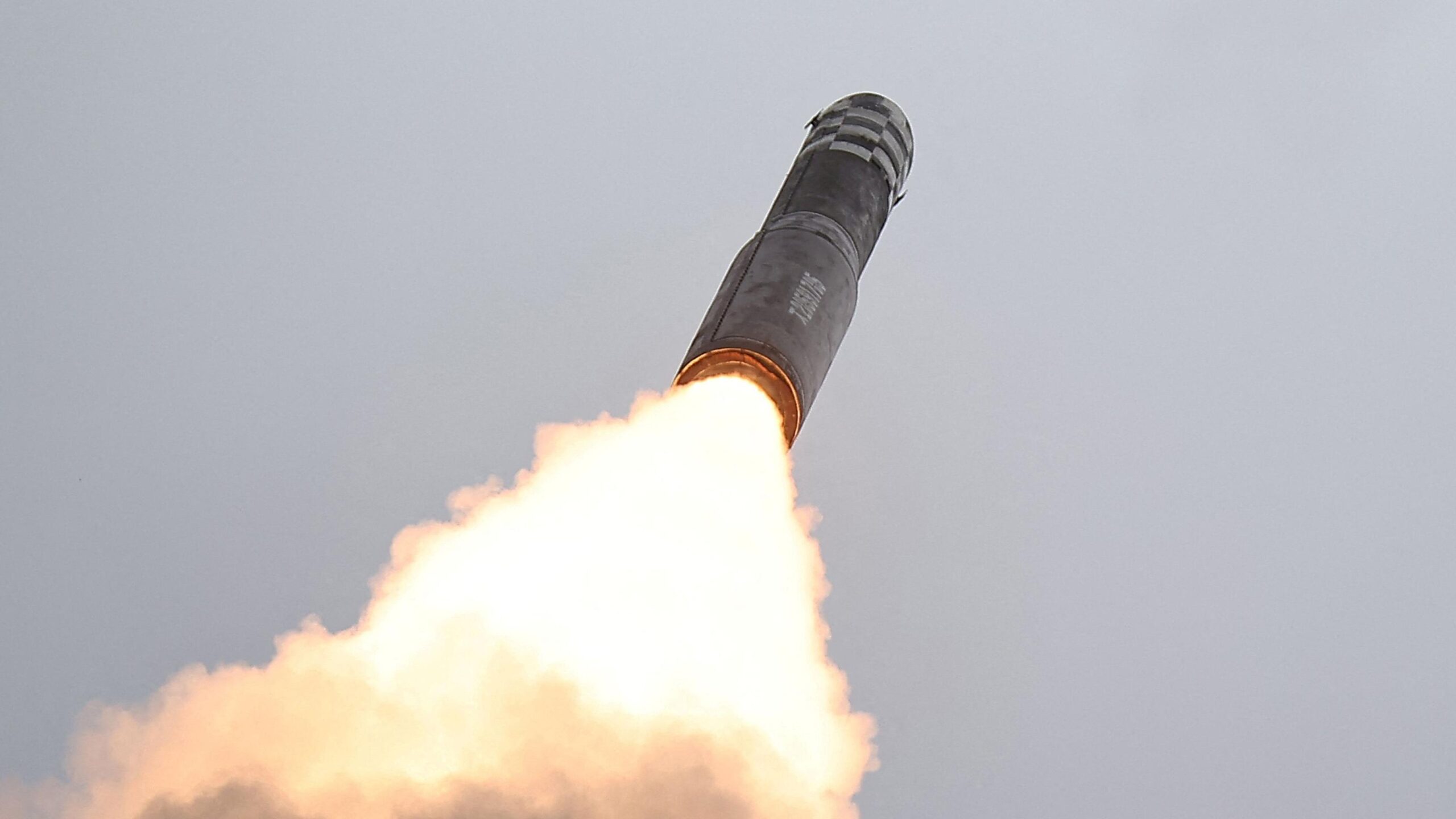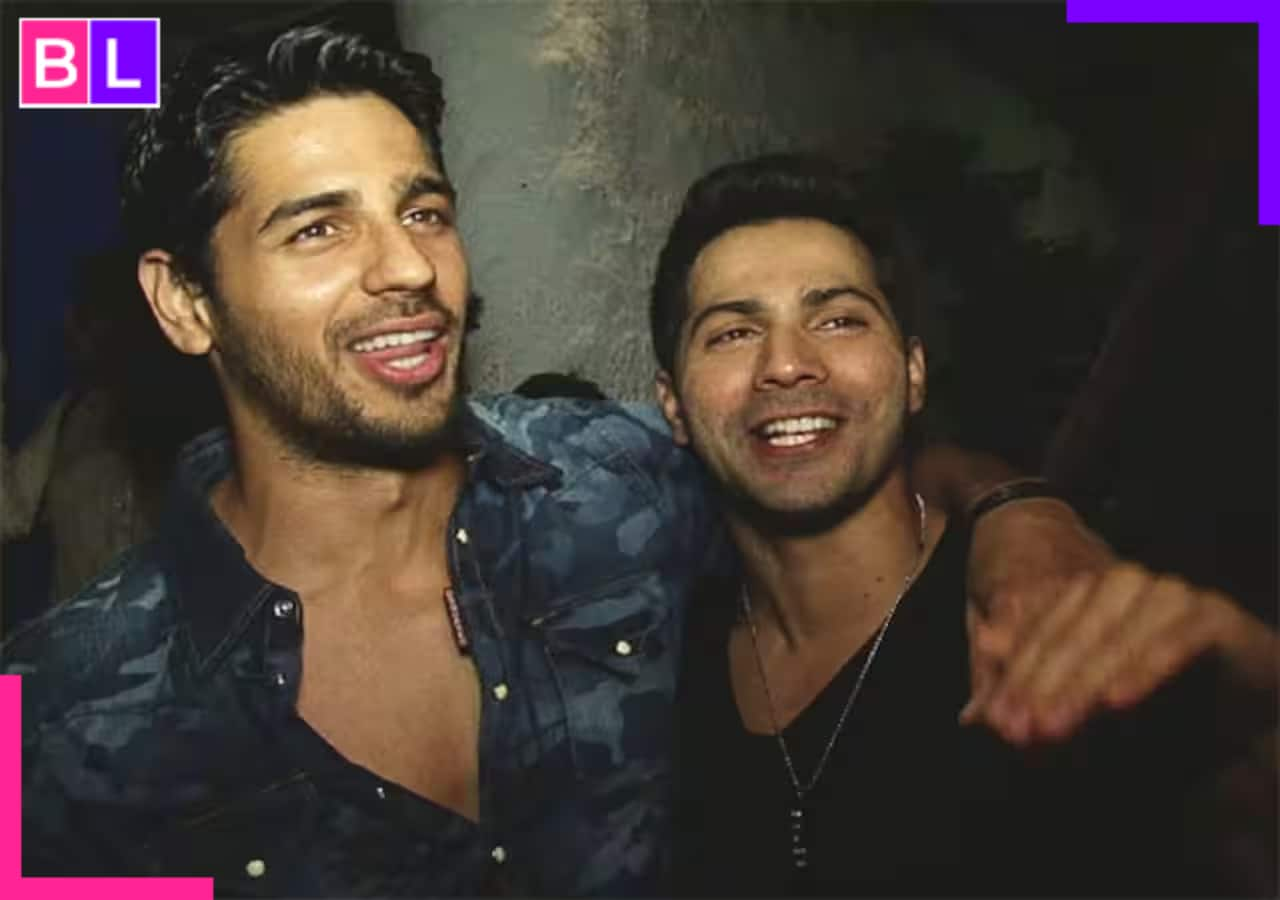Munich: Amid the strengthening relations with Russia, External Affairs Minister S Jaishankar said that India doesn’t expect Europe to have a New Delhi-centric view of China and Europe should also understand that India won’t move with the European view of Russia.
“My point is: just as I do not expect Europe to have a view of China that is identical to mine, Europe should understand that I cannot have a view of Russia that is identical to the European one. Let us accept that there are natural differences in relationships,” he said.
In an interview with a leading German economic daily, Handelsblatt during his visit to the Munich Security Conference in Germany, EAM Jaishankar highlighted the challenges faced by India to manage its energy supplies after the Russia-Ukraine war.
“Both sides (Russia and Europe) have communicated their positions clearly and have not emphasized their differences. But yes, there are differences. You mentioned the energy issue. When the fighting started in Ukraine, Europe shifted a large part of its energy procurement to the Middle East – until then the main supplier for India and other countries. What should we have done?” EAM Jaishankar said on being asked if Europe’s differences with Russia put a strain on India-Europe relations.
“In many cases, our Middle East suppliers gave priority to Europe because Europe paid higher prices. Either we would have had no energy because everything would have gone to them. Or we would have ended up paying a lot more because you were paying more. And in a certain way, we stabilized the energy market that way,” he added.
The minister also insisted on mediating talks with Russia and Ukraine to end war in the region and said that India would be happy to help but won’t initiate anything in this direction on its own.
“We (India) have already helped with very specific issues. When Turkey negotiated the corridor through the Black Sea, for example. And we were very supportive of the inspections by the International Atomic Energy Agency, IAEA, of the Zaporizhzhya nuclear power plant. Wherever we can help, we are happy to do so. We are open when we are approached. However, we do not believe that we should initiate anything in this direction on our own,” he said.
India and Russia have maintained a robust strategic partnership, rooted in historical ties and shared interests, over decades. Central to this relationship is extensive defence cooperation, with Russia serving as a major supplier of military equipment to India and both nations engaging in joint military exercises, co-development of advanced military platforms, and technology transfers, according to the Russian news agency.
More recently, energy collaboration has become another strong pillar of bilateral ties. The Kudankulam nuclear power plant (KNPP), India’s largest, is being built in Tamil Nadu with technical assistance provided by Moscow.
Russia’s expertise in nuclear technology has been instrumental in advancing India’s capabilities, fostering a mutually beneficial partnership, according to RT. The two countries have pledged to deepen their nuclear cooperation, recognizing its strategic importance for energy security and technological advancement.
Over the past 18 months, India has emerged as one of the largest importers of Russian oil–a stand New Delhi has had to defend on many occasions from accusations by Western media, and even some political leaders, of funding ‘Russia’s war’ with Ukraine.
This report is auto-generated from a syndicated feed




















Discussion about this post